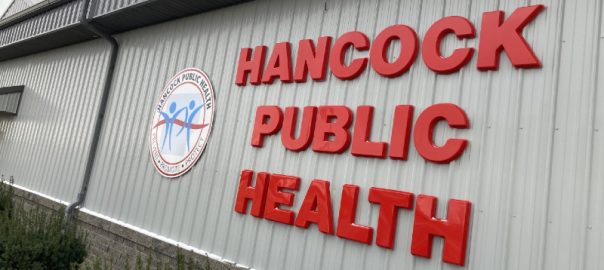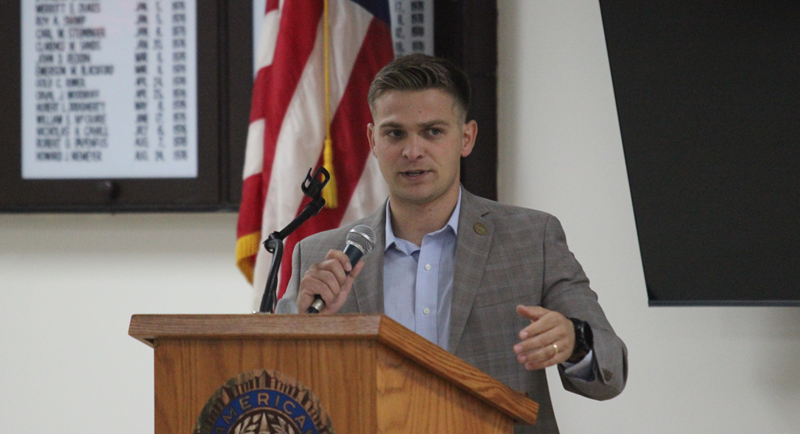(From the Division of State Fire Marshal)
The holidays may be winding down, but the risk of fire involving live Christmas trees is getting greater by the day. The Ohio Department of Commerce Division of State Fire Marshal (SFM) reminds Ohioans to keep fire safety in mind by removing dried-out trees from their homes before they become a potentially dangerous fire hazard.
According to the National Fire Protection Association (NFPA), more than a third of Christmas tree fires happen in the month of January. What makes dried out trees so dangerous is that once ignited, the fire spreads quickly, burns intensely, and can destroy a home within minutes. This video from the NFPA shows how quickly a Christmas tree fire can spread.
“The longer a real tree stays indoors, the dryer it gets and the more dangerous it becomes,” said State Fire Marshal Kevin Reardon. “Dry trees burn hot and fast, and if they catch fire, everything around them is at risk – both property and lives. We strongly urge Ohioans to start the new year safely by getting those real trees out of their homes, garages, or porches, and dispose of them in a safe and responsible manner.”
While your real tree is still up, it’s important to keep it well-watered since a well-hydrated tree is far less likely to ignite than a dry one. As long as a real tree is in your home, you should check the water level daily and never let the stand run try.
When it comes time to dispose of your real Christmas tree, Ohioans should check with their local communities to learn how they can dispose of trees properly, such as by utilizing a tree recycling program or available pickup/drop-off programs.













